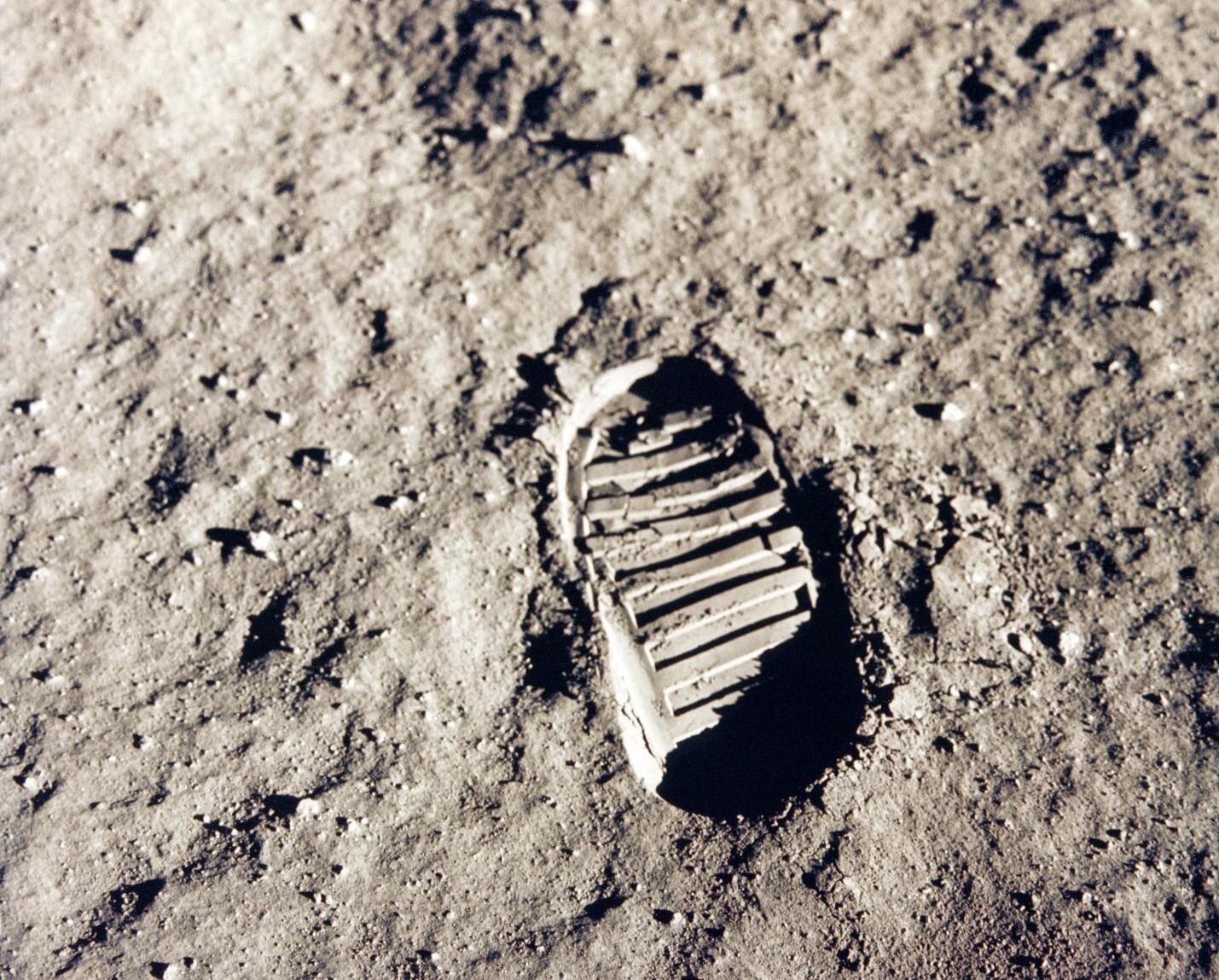Dabru Emet: A Small Step Forward
by Mark Silk
There was something belated about Dabru Emet when it appeared in 2000. The “dramatic and unprecedented shift in Jewish and Christian relations” announced in its opening sentence had happened not “in recent years” but decades earlier. It was in 1959 that Pope John XXIII ordered the phrase “faithless Jews” removed from Catholicism’s Good Friday prayer, and in 1965 that the Second Vatican Council, with Nostra Aetate, abjured the charge of deicide, denounced anti-Semitism, and declared its bond with the Jewish people. In the United States, amicable interfaith relationships between Jews and Christians of all sorts had been the norm for years.
In stating, in its second paragraph, that “it is time for Jews to reflect on what Judaism may now say about Christianity,” Dabru Emet seemed poised to proffer some theological acceptance from Jewish religious leaders of Christianity. At first it does, declaring that “Jews and Christians worship the same God” and that, “as Jewish theologians we rejoice that, through Christianity, hundreds of millions of people have entered into relationship with the God of Israel.”
This could have been the place for the signatories to turn their attention to the figure of Jesus since, according to Christian doctrine, it is through him that all those people (now numbering more than 2 billion) have come to recognize Israel’s God. Perhaps the statement could have recognized Jesus’ importance, possibly going so far as to praise him as a prophetic figure who played a significant role in realizing God’s plan for humanity.
Instead, Dabru Emet proceeds to set out an equivocal statement that Christians “can respect” the Jewish people’s claim to the land of Israel; a carefully worded denial that Nazism was a Christian phenomenon; a wishful assertion that Jewish practice would not be weakened by “a new relationship between Jews and Christians”; an anodyne call for Jews and Christians to work together for justice and peace; and three platitudes.
Among the platitudes, first off is the assertion that both Jews and Christians “seek authority” from the Hebrew Bible, a.k.a. the Old Testament. No more notable is the pronouncement that Jews and Christians “accept the moral principles of Torah,” centering on “the inalienable sanctity and dignity of every human being.” And finally, there is the facile proposition that the “humanly irreconcilable difference between Jews and Christians will not be settled until God redeems the entire world as promised in Scripture.” Maybe, but then again, maybe not.
From a theological standpoint, Dabru Emet is far inferior to To Do the Will of Our Father in Heaven: Toward a Partnership between Jews and Christians, a statement signed by 80 Orthodox rabbis from the Americas, Israel, and Europe that was issued in 2015. The latter statement cites the great medieval Jewish thinkers Moses Maimonides and Judah Halevi in recognizing Christianity as “neither an accident nor an error, but the willed divine outcome and gift to the nations.” It proclaims that Jews and Christians both have “a common covenantal mission to perfect the world under the sovereignty of the Almighty, so that all humanity will call on His name and abominations will be removed from the earth.”
By comparison, Dabru Emet pulls its theological punches; indeed, theology is not where its main interest lies. What it amounts to is a modest Jewish apologia for Christians, directed (via a full-page ad in The New York Times) to a Jewish audience for the purpose of advancing interfaith understanding and encounter. As such, it feels like a document from another age. A year after its publication came the attacks of 9/11, which made Islam a critical part of US interfaith dialogue and established “Abrahamic” as the necessary context for sorting out historic relationships within the world’s principal monotheistic genealogy.
As well, Dabru Emet appeared before the State of Israel had become a bright line dividing American Protestantism, with evangelicals emerging as stronger supporters of the government of the Jewish state than the American Jewish community itself, even as mainliners became allied with the anti-Zionist Boycott, Divestment, and Sanctions movement. It is notable that To Do the Will of Our Father in Heaven makes no mention of Israel whatsoever. Since 2000, the idea that there is a single Christian community for Jews to relate to has become more obviously implausible.
That said, both documents make it their business to identify religious territory shared by Jews and Christians. In the middle of the twentieth century, that territory would have been uncontroversially labeled Judeo-Christian. But for the embrace of that term by the Religious Right as a shibboleth in the US culture wars, it probably still would be. The two faith traditions do in fact have a lot in common, notwithstanding a history darkened by persecution and enmity. So do Judaism and Islam. Twenty years ago, Dabru Emet offered itself as “a first step.” It’s past time for a comparable step to be taken toward Muslims.
Mark Silk, Ph.D., is Professor of Religion in Public Life and Director of the Leonard E. Greenberg Center for the Study of Religion in Public Life at Trinity College in Hartford, Connecticut. He writes the weekly column, “Spiritual Politics,” for the Religion News Service. Connect on Twitter @directorsilk.

